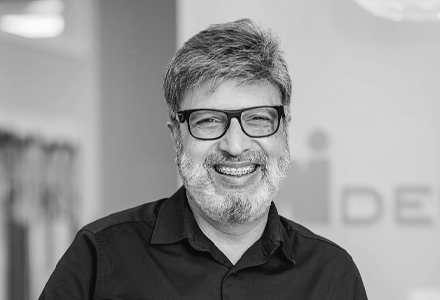I. The Awkward Comments We Hear
If you have been in dentistry long enough, you would have heard it all.
Sometimes it is a genuine question:
“Why is dental treatment so expensive?”
Other times, it can be somewhat less tactful:
- “I am paying for your children’s university.”
- “I am paying for your mortgage.”
- “I am here so you can buy a boat.”
(I don’t even have an interest in boats!)
I never take these comments personally and often I just laugh and move on however these remarks are revealing of a thought process that is engraved in a fallacy. The comments are not in particular about me; they are about a perception that dentistry is overcharging, that somehow the cost is inflated beyond the “actual” value of the work.
The challenge is, most individuals focus on the end product:
They do not see the years of preparation behind it, the layers of skill, the technology or the mountain of overhead that makes that result possible and when something is invisible, it is easier to undervalue it.
If we want to respond meaningfully to this “dentistry is expensive” narrative, we first have to challenge the comparison. Compared to what?
If you compare the cost of a crown to the cost of your morning latte fro example, of course it looks expensive. But that would be comparing the cost of building a house to the cost of buying a hammer. One is the tool; the other is the entire structure.
II. The Road to Becoming a Dentist
The journey of becoming a dentist is not only long, it is intensely selective and demanding. Here is a snapshot:
- Four years of undergraduate study, often in competitive science majors maintaining a GPA so high that one missed assignment feels as a career sabotage.
- Balancing endless labs, exams and research papers while doing volunteer work, shadowing in dental offices and racking up extracurriculars because getting into dental school is not about grades alone, it is about proving you are a well rounded, service minded overachiever.
- Summers, while your friends are taking road trips, you are preparing for the Dental Admission Test (DAT) or taking organic chemistry.
Then comes dental school: four years of high pressure, hands on training where every mistake is both a learning moment and a possible dent in your professional confidence. You are working on live patients before you are officially a dentist, juggling the stress of grades with the stress of actual patient outcomes.
It is not just about filling cavities, it is mastering anatomy, pharmacology, radiology, oral pathology, prosthodontics, periodontics, endodontics, surgery and then learning to make accurate, often life impacting decisions in real time.
When someone says, “That filling only took you 15 minutes,” they forget that those 15 minutes are the result of 8–10 years of training, discipline and relentless skill refinement and that is why the people who can do it and do it well are worth their fee.
III. The Pilot Analogy: Why Skill Commands Value
Think about commercial pilots, they earn a good salary. Does anyone seriously complain that airfares are high because pilots make too much money? Of course not.
You are not paying for the time they spend at the controls, you are paying for the ability to safely take hundreds of lives across thousands of miles in every conceivable condition.
Dentistry is the same. You are paying for expertise, precision and the ability to make critical decisions when things do not go as planned.
IV. The Cost of Running a Dental Practice
Let’s say you have now graduated, survived licensing exams and proudly opened your own practice. Congratulations, now the expense begins.
Running a dental office is similar to running a mini-hospital with none of the subsidies:
- Equipment: Digital X-ray systems, sterilization units, dental chairs with all the attachments, surgical instruments, suction systems, curing lights, lasers, 3D scanners and milling machines. Some of these cost more than luxury cars and they all need regular servicing.
- Materials: Dental composites, bonding agents, impression materials, anesthetics, cements, all medical-grade, tightly regulated and replaced frequently. (and yes, that tiny box of composite can cost more than your monthly internet bill.)
- Staffing: Registered Dental Hygienists, Certified Dental Assistants, Front Desk Administrators, all are trained professionals whose salaries reflect their skill.
- Facilities: Rent or mortgage for the clinic space, utilities, taxes, insurance and maintenance.
- Compliance & Licensing: Annual registration fees, continuing education, infection control updates, safety audits.
And unlike many other businesses, dentists cannot purchase inexpensive materials or delay replacing equipment, at least we at MI Dental don’t. The cost of cutting corners is measured in patient safety and quality of care and that is a price no ethical dentist is willing to pay.
So yes, when we add it up, dentistry is not “cheap” to provide. But the cost is not arbitrary, it is a direct reflection of what it takes to deliver safe, effective, long-lasting treatment in a highly regulated medical environment.

